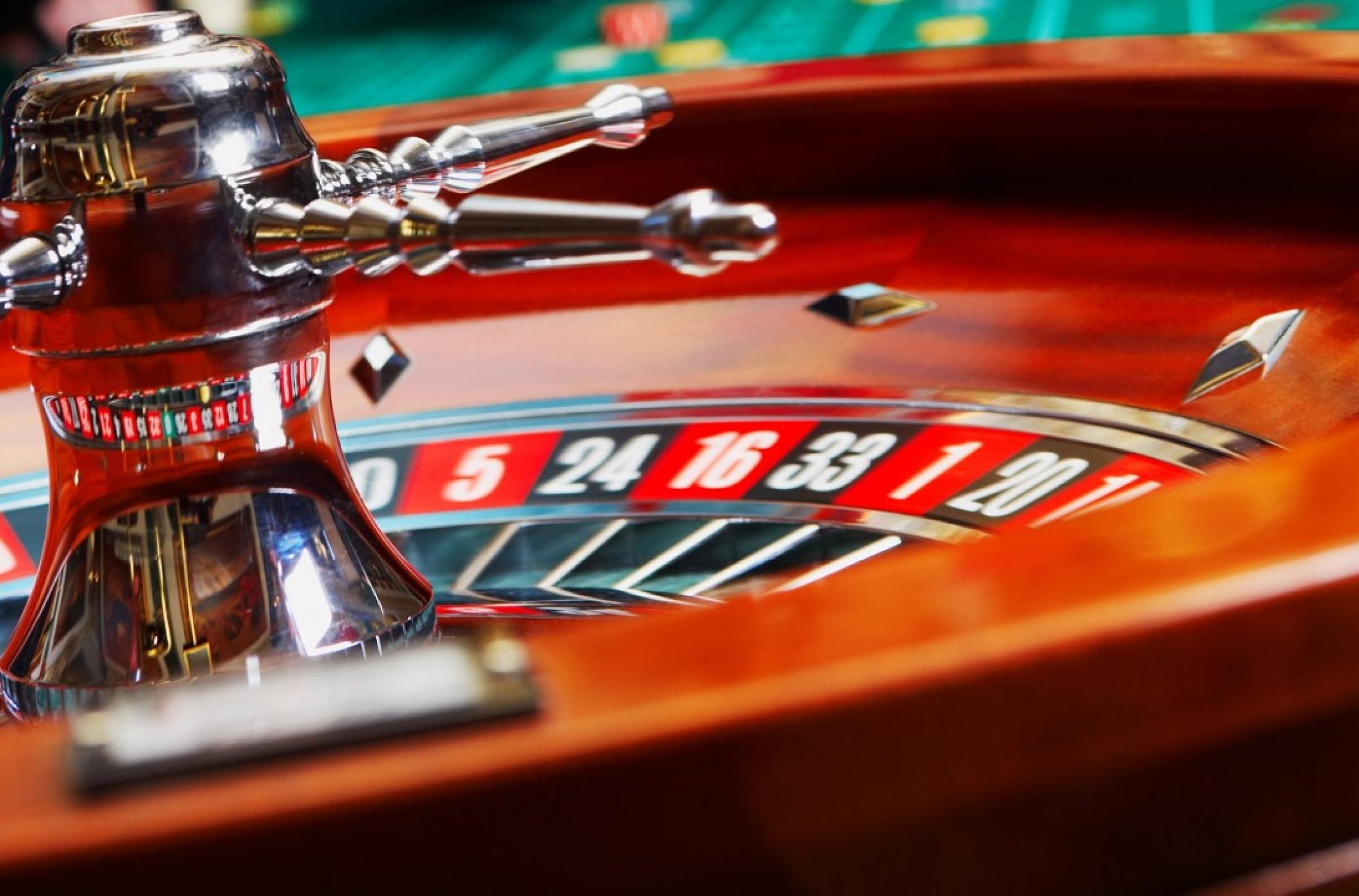
Casino games have long enthralled players from all walks of life, enticing them into vibrant casinos filled with the noises of spinning wheels, clattering chips, and cheering crowds. The thrill of chance and the allure of potential winnings create an exhilarating atmosphere that keeps players returning for more. Whether it is the excitement of a slot machine, the thoughtful play of poker, or the anticipation of a roulette wheel, casino games offer a distinct combination of fun and risk that can be hard to ignore.
At the heart of this fascination lies a psychological pull that varies from person to person. For some, the rush of hitting a jackpot can elevate their mood, while for many, it’s a social experience that brings friends together. meilleur casino en ligne français The colorful visuals, engaging sounds, and sometimes lavish environments of casinos greatly improve the appeal, making each visit an experience waiting to unfold. As we delve into why gamblers are drawn to these games, we uncover the underlying motivations and emotions that fuel their love for the betting tables.
Understanding Gambling Psychology
The allure of casino games often arises from the nuanced psychology of gambling as a whole. Many people find appealing the thrill of risking money for the possibility of winning more, as it connects with a deep-seated human desire for thrill and reward. This excitement can create a powerful emotional experience. The mix of risk and potential monetary gain can activate a dopamine surge, making players feel energized.
Additionally, the design of casino games is engineered to hold players engaged. The use of luminous lights, enthralling sounds, and the communal environment of casinos can heighten the excitement. Players typically find themselves immersed in these settings, where the expectation of a win encourages them to return. This sensory engagement encourages longer gaming sessions, as the immediate feedback from wins, however insignificant, reinforces the desire to continue gambling.
Finally, cognitive distortions play a crucial role in gambling behavior. Many gamblers fall prey to the illusion of control, believing they can affect outcomes even in games of luck. This mindset can lead to overoptimism and the propensity to keep playing, despite rising losses. Additionally, gamblers often remember their wins more clearly than their losses, which can alter their perception and intensify the desire to keep playing. This multifaceted interplay between emotions and cognitive factors helps clarify why so many are drawn to casino games.
The Attraction of Gambling Environments
The vibe of a gambling establishment is uniquely enchanting, drawing in players with its blend of anticipation and anticipation. The scenes and noises of twirling gaming machines, excited participants, and the steady clatter of cash create an engaging experience that is difficult to pass up. The bright neon signs and dynamic layout foster a atmosphere of excitement that keeps players involved and invites them to stay longer. This infectious setting contributes to the overall charm of casino activities, enticing both new and veteran gamblers alike.
Moreover, casinos are designed to arouse the sensory experience in a manner that makes players feel as though they are embarking on a exciting adventure. The thoughtful arrangement of gaming options, comfortable chairs, and on-the-house snacks enhance the overall value, making gamblers feel appreciated and spoiled. Many gambling spaces also include decorative furnishings and lavish themes that take visitors to diverse realms, amplifying the thrill. Such environments foster a sense of freedom, allowing gamblers to forget their everyday existences and immerse into the exhilarating world of gambling.
Ultimately, the existence of other gamblers amplifies the social element of gambling, creating a shared thrill. Interactions among participants, either through playful banter or mutual joy during a big victory, cultivate a notion of togetherness that many find attractive. This social interaction enhances the experience of playing gambling activities, transforming it from a solitary pursuit into a joint experience. The combination of anticipation, captivating atmospheres, and interpersonal bonds makes gaming venues an compelling place for players looking for recreation and a possibility to win.
Grasping Game Dynamics
Gaming experiences are crafted with specific mechanics that captivate players. All games has its own set of rules, wagering schemes, and probability ratios, allowing players to engage with the game on multiple levels. The thrill of making a bet and the anticipation of the outcome creates an exciting atmosphere. Understanding these mechanics can deepen a player’s appreciation for the game and elevate their overall experience.
A further crucial aspect of game mechanics is the concept of randomness. Many casino games, especially slot machines and table games, rely on RNGs or shuffling to determine outcomes. This randomness is what keeps players returning; the unpredictable nature of the game creates a sense of possibility and excitement. Knowing that each play or turn is independent of the last enhances to the appeal, as players believe they have a chance at winning, regardless of past outcomes.
Finally, the emotional response connected with game mechanics should not be neglected. The excitement of a large victory or the tension during critical moments are fundamental to the enjoyment of casino games. These emotional highs and lows exploit psychological triggers that keep players engaged for prolonged periods. Grasping these emotional responses to game mechanics can help explain why so many are attracted to the thrill of casino games, constantly seeking that following exhilarating moment.